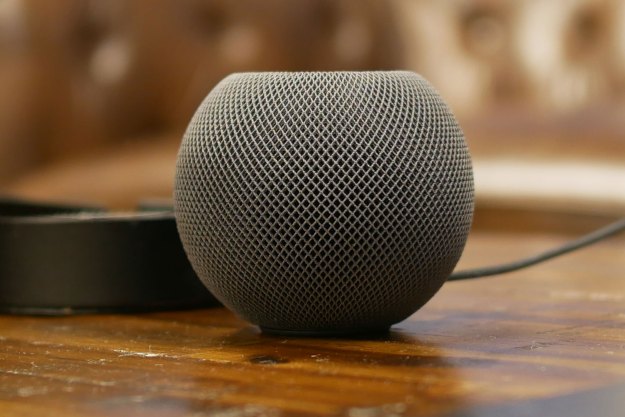Samsung’s Unpacked event is over. All of the attention and focus were naturally centered around the company’s family of Note 10 smartphones, with a few mentions about some other gadgets and new partnerships. Yet, it was the absence of the Samsung Galaxy Home that caught my attention the most during yesterday’s big event.
And rightfully so. It’s something worth revisiting given how Samsung teased its smart speaker during last year’s Unpacked event for the Note 9. It really begs the question if it’s still coming out or not. As we’ve seen through the years, Samsung is capable of delivering gadgets beyond our wildest imagination, but at the same time, it has also been known to rush the process — resulting in a couple of serious repercussions.
Many of us view the Samsung Galaxy Home in the same vein as any other smart speaker, one that’s driven by an intelligent voice assistant service paired with an incredible sound system. In a way, it appears elementary, especially for a company with billions of disposable cash to throw into development, but Samsung’s actions lead us to believe otherwise.

It’s powered by Bixby
Do I need to say more? At the heart of it all, the Samsung Galaxy Home will leverage the company’s own Bixby virtual assistant service. Even though it’s been a long while since I’ve checked out one of Samsung’s flagships that are
Google in particular has done a phenomenal job at integrating

Entering a crowded market
Samsung is a force to be reckoned with in the
Then again, the Samsung Galaxy Home is meant to compete with speakers such as the Amazon Echo, Google Home Max, and Apple HomePod. Samsung’s offering will more than likely accomplish the same task as those other speakers by appealing to audio aficionados that take pride on sound quality. Apple isn’t shy about some of the challenges it faced in this area, seeing that HomePod sales haven’t been quite as robust as anticipated — resulting in a price drop back in April 2019.
Samsung needs to take this into consideration when launching the Galaxy Home, because this speaker needs to remain competitively priced and functionally adept.

Coming down the wire
Samsung most recently stated that its Galaxy Home speaker is on tap for a release sometime in the 3rd quarter of this year. We’re just about at that cusp, but as much as I was anticipating an official release date during Unpacked, I was disappointed that there was no mention of it — not even a whisper! I reached out to Samsung about the matter, divulging only a vague tease about a plausible launch. The representative I reached out to regarding the matter said, “We’re continuing to refine and enhance the Galaxy Home prior to launch, and look forward to sharing more with Galaxy fans soon.”
Each passing day gets us closer to the most crucial time of the year for many companies: the holidays. Samsung needs to play its cards right if it intends to gain traction in this market. I’m crossing my fingers that the year-long timeframe will yield solid results for the speaker, but only time will tell if these refinements add anything substantial enough to make it prized over the other existing options.
Should Samsung be afraid? Absolutely! We’ve seen already how rushing things to market was met with disastrous results (think the Note 7 debacle). Furthermore, Samsung has exited key markets that it thought it would be successful in, like the
Editors' Recommendations
- Samsung Ballie is a rolling smart home hub with a built-in projector
- Samsung goes all-in with AI, reveals several new smart home appliances at CES 2024
- Your Google smart home devices just got a lot less talkative
- Why you should be using Google Home Routines
- Samsung SmartThings gets Matter support on iOS




